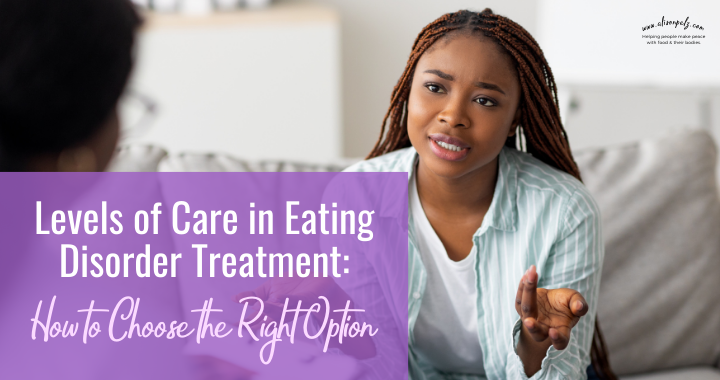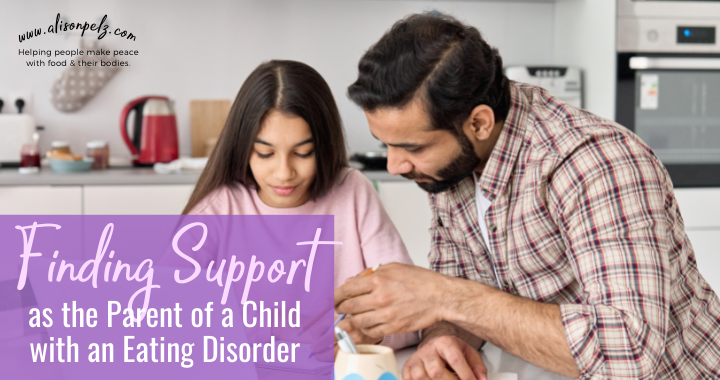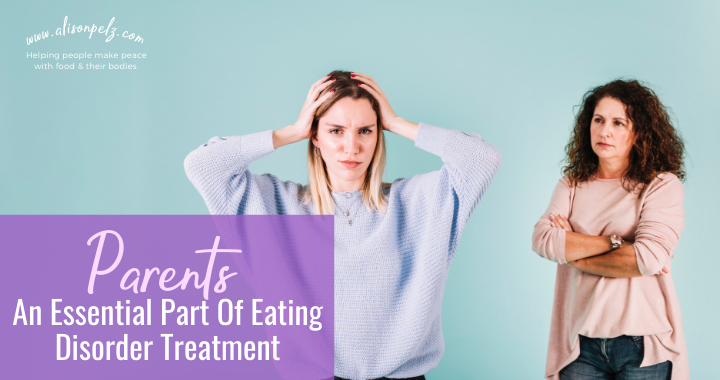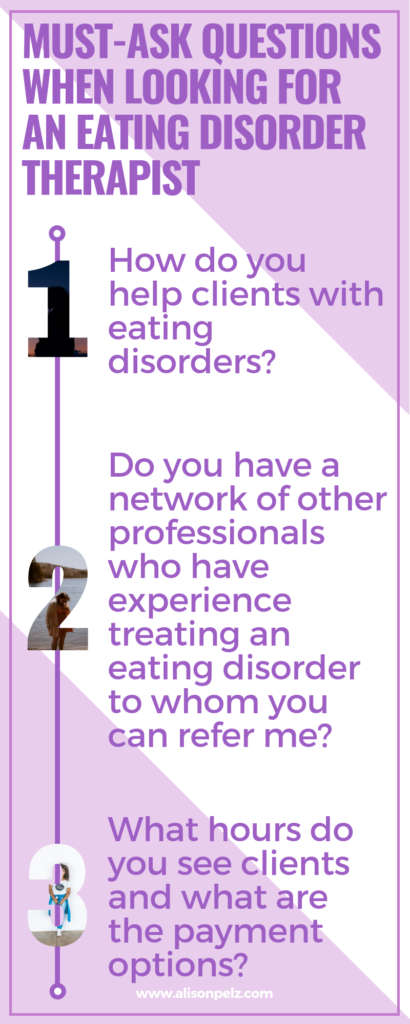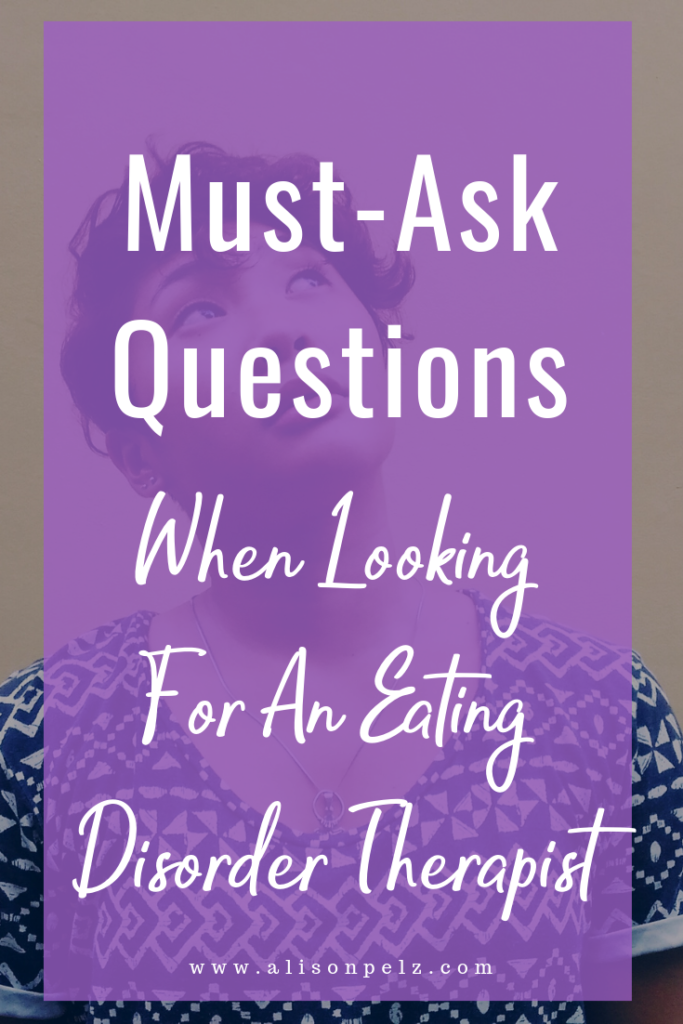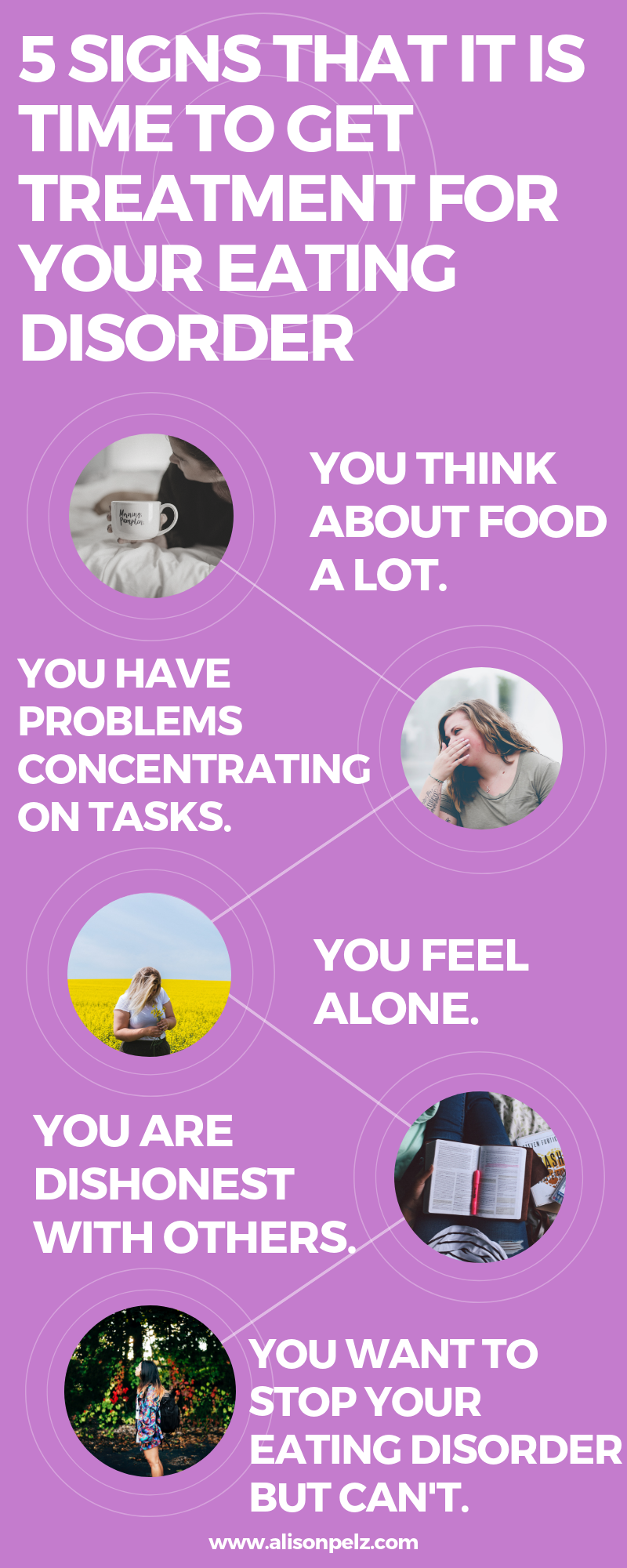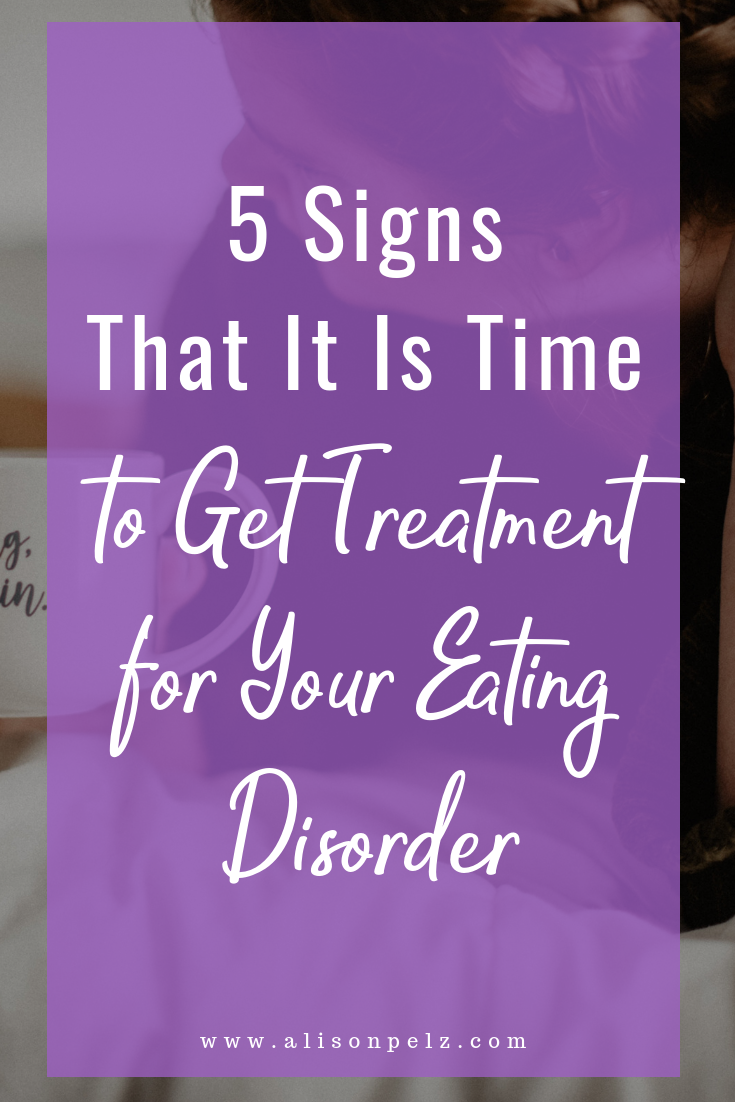Treatment for eating disorder recovery isn’t a one-size-fits-all approach.
Every person is unique, and not everyone recovers in the exact same way. This is why eating disorder treatment is categorized into different levels of care, depending on what the person in recovery needs.
This post will provide a brief overview of the different levels of care available during eating disorder treatment.
What are levels of care?
Levels of care refer to how much support is needed to reduce eating disorder behaviors during treatment. Several levels of care may be utilized throughout treatment for an eating disorder, based on what is necessary for the person in recovery.
Treatment choices can be overwhelming if you or your teen are newly diagnosed with an eating disorder. Residential, day treatment, or outpatient care – what does this all mean?
Levels of care in eating disorder treatment are selected based on many factors including:
- Medical: This often is the driving factor in selecting the level of care. If you or your teen are medically compromised more care may be needed.
- Severity of malnutrition: Different levels of care offer varied amounts of support for nutrition rehabilitation.
- Co-occurring conditions: Often those with eating disorders have other medical or psychological conditions that also need to be treated.
- Social support: Social support improves mental and physical health. The different levels of care offer varying levels of social support.
- “Motivation”: Most of us want to feel better and be healthy. However, change can feel scary, overwhelming and downright impossible at times. Those who feel more stuck in their eating disorder may need more support to feel like change is possible.
- Access to care: Proximity to treatment, insurance, and specialty care are all considerations. Virtual treatment by clinicians and treatment programs are being utilized to increase access to care.
What are the different levels of care in eating disorder treatment?
In-patient hospital care
In-patient hospital care is used when a person with an eating disorder needs round-the-clock medical care. Since eating disorders have significant medical consequences due to malnutrition and/or purging, medical stabilization may be needed during treatment.
Residential care
In this level of care, round-the-clock care is provided in a therapeutic environment. This allows for intensive psychological treatment and nutrition rehabilitation, while also monitoring medical status. The residential care environment is highly structured and allows for the reduction of eating disorder behaviors.
Partial hospitalization
In a partial hospitalization program, the person attends several hours per day most of the week. Partial hospitalization provides psychological treatment (individual therapy, group therapy, and family therapy) and nutritional therapy, including therapeutic meal support. This level of care is very similar to residential care, just without spending the night. In this level of care, you or your teen may go in several days a week, and each day have a meal or snack at home.
Intensive out-patient (IOP)
This level of care is when you or your teen spend the majority of time at home and engaged in usual activities such as work or school. The person in eating disorder treatment usually has a therapist, dietitian, and doctor and attends several groups per week.
Outpatient
Outpatient care is considered the lowest level of care in eating disorder treatment. In this level of care, you or your teen are spending 2-3 hours a week in treatment with an outpatient treatment team. Oftentimes, outpatient services are utilized first because it allows the person in treatment to stay active in daily activities such as work or school. Outpatient care can be easiest to access because most areas, particularly with telehealth options available, have qualified eating disorder outpatient providers.
Family-based treatment (FBT) is an outpatient treatment for teens. It is particularly effective for teens with anorexia nervosa. FBT can be an option in place of residential care or partial hospitalization, if the person in treatment is medically stable.
How do I know which level of care is right for me?
First, consider your medical needs with your doctor. The more medically compromised the person with the eating disorder is, the higher level care they may need.
If residential treatment is recommended, that doesn’t mean the eating disorder is worse than others. It just means that you need this level of support to get back to health.
If you or your teen are utilizing outpatient care, your treatment team will work with you to help determine the level of support needed.
Many treatment centers provide multiple levels of care residential, partial-hospitalization, and IOP. The treatment center will help determine the level of care needed via an assessment, which is usually free and done over the phone.
It is not unusual to utilize multiple levels of care during the course of recovery.
For example, someone in treatment may start out as an outpatient. If the person in treatment and their treatment team determine that their eating disorder symptoms are not getting better, they may benefit from a more supportive level of care (which is also referred to as a “higher level of care”).
Eating disorders usually don’t go away on their own. They can progressively get worse over time. My hope is that if you, or someone you care about, is suffering with an eating disorder that you make the initial call to get help.
Hi! I’m Alison Pelz, a psychotherapist and registered dietitian in Austin, TX with over 16 years of experience in eating disorder treatment. If you or someone you care about is struggling with an eating disorder, don’t hesitate to reach out for help. To learn more about eating disorder treatment and levels of care, schedule a consultation with me today.
